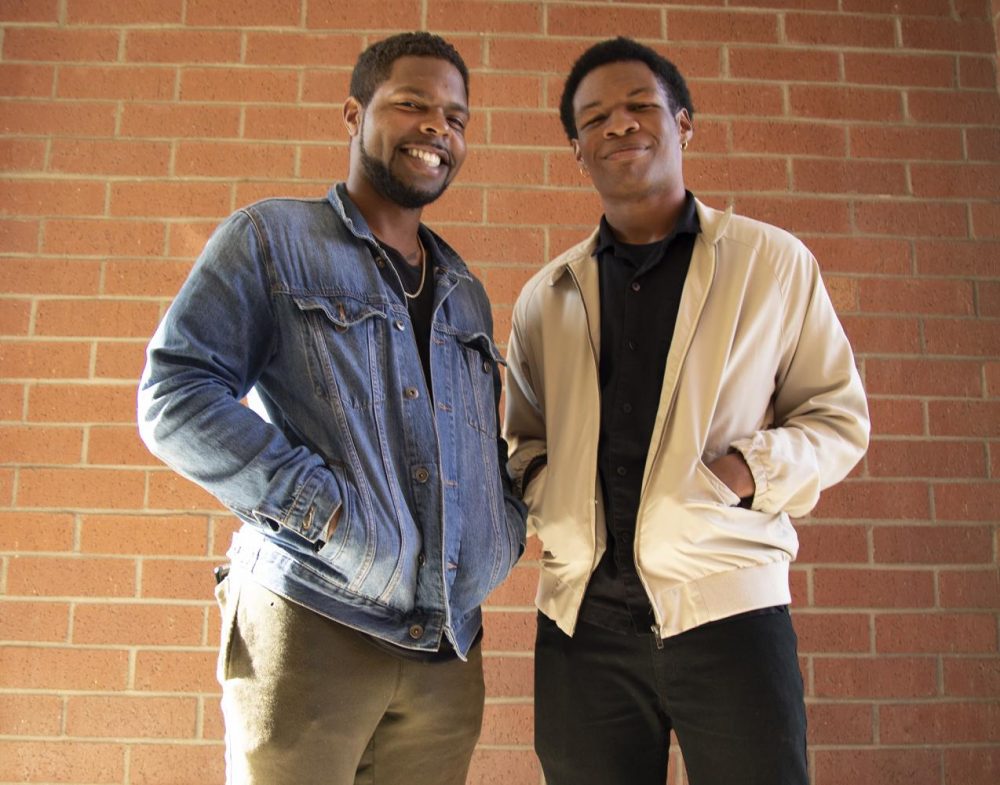Brothers Breaking Barriers provides positive space for students of color
Joshua Harris, a student and former campus patrolman for American River College, hopes to help out students on campus in a different way this semester.
After originating as an occasional workshop, “Brothers Breaking Barriers” has now become a permanent organization at ARC. As it became institutionalized, Harris was brought in as its student coordinator.
“Brothers Breaking Barriers is a student-led organization,” Harris said. “It’s been institutionalized, so ARC is able to give us more resources that way, which I’m really grateful for … We want to build a community with one another.”
Harris asserts that a positive and helpful community of peers is essential for students of color who plan to transfer to a four-year university and excel in higher education. According to Harris, Brothers Breaking Barriers was constructed through plenty of research and preparation in order to best serve these students.
“In the research that’s been done in helping to cultivate this program,” Harris said, “it was found that a lot of men of color find a way to root themselves in a big university system and reach their educational goals a lot easier when they have a community of peers and faculty members they can turn to for day-to-day things and assistance with their particular student needs.”
This semester is Brothers Breaking Barriers’ first as a permanent organization at ARC. Before, it was just a workshop hosted on campus.
“We wanted to talk about toxic masculinity and to deconstruct the idea of it. It was a really positive space for all men to be in,” Harris said.
While Harris is the student coordinator and a leader of the organization, he was not the only one involved in launching Brothers Breaking Barriers.
“This was something that was started by my friends, Demelvae Brown and Kelvin Burt,” Harris said. “They brought me in and I’ve just been carrying the torch, dedicating time to it to help it grow.”
Kelvin Burt, instructional assistant in the Dusty Baker Center at ARC, hosted the original workshop along with Josef Preciado, the Director of California Apprenticeship Initiatives at ARC. For Burt, the purpose of the workshop at the time was to provide resources and support for students of marginalized communities outside of the classroom.
“I just started to think about what I could do to help,” Burt said. “What do these students need outside of the classroom that they are not getting?”
What drew Burt in was the desire to help students that identify with a marginalized community, like himself.
“I got involved because as a student and a student of color, there’s a need to support [students like me],” Burt said. “I saw that students that identify from marginalized communities: African Americans, Latinx, LGBTQ ᐩ, Asian Pacific Islanders are struggling with their core classes, graduating and retaining [according to the campus data].”
Dean of Equity Programs and Pathways Joshua Moon Johnson noticed the efforts of Burt, Brown and Harris and decided to make Brothers Breaking Barriers a permanent establishment on campus.
“The dean of equity saw something that could really be beneficial for students here on campus and he wanted to keep moving forward with it,” Harris said. “They were gracious enough to offer me the opportunity to become the student coordinator.”
Currently, one of the issues the organization faces has to do with the availability of its participants and trying to find a meeting time that works for everyone. But Harris says he accepts that working around the schedules of others is part of his responsibility.
“A lot of what Brothers Breaking Barriers is about student needs. Students have schedules that they need to adhere to,” he said. “They’ve got stuff going on outside of school in their personal life. For me, trying to get people integrated into the club and into the program and helping them get the best that they can out of it is about navigating around their other responsibilities.”
The organization meets every other Thursday in the ARC Club Room, from 3 to 4 p.m. Despite the initial struggle of setting a proper meeting time, Harris is pleased with the turnout of participants.
“I think a lot of what men don’t have on this campus is a space where they can talk about things pertaining to themselves, amongst one another,” Harris said. “When you have peer support, you can open up to somebody who can understand you a lot more because you can talk about relatable topics and see things from a shared perspective.”











